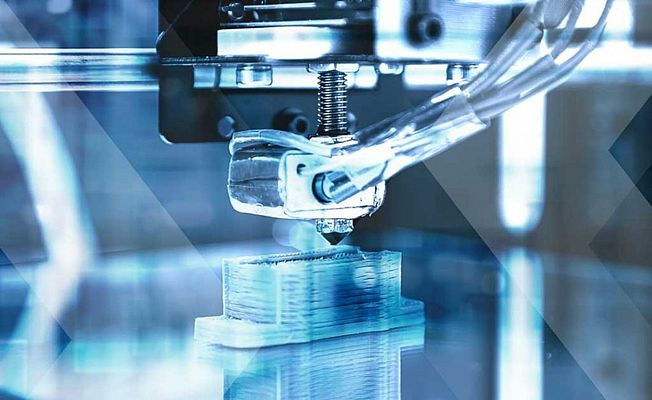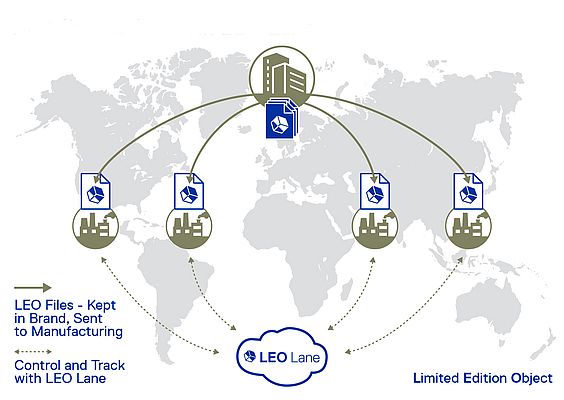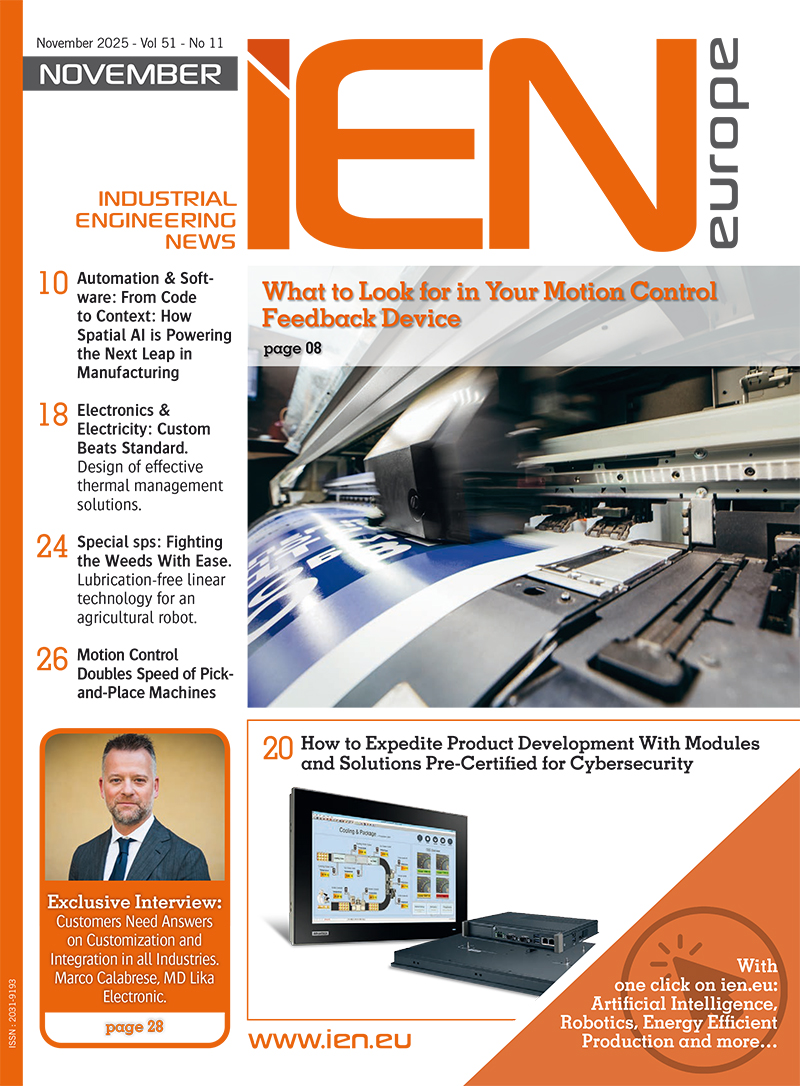The great thing about additive manufacturing (AM) is that it allows to create parts going in a ‘’digital environment’’, without having to establish quantities in physical inventories and without spending for shipping parts from a corner of the world to the other. This on-demand manufacturing enabled by AM is not only more sustainable, but it also helps companies save money and time, being a valuable alternative or complement to traditional methods, especially in cases of economic turmoil.
In the UK, the specter of a no-deal Brexit raises concern across big companies – such as the automotive giant Jaguar Land Rover, about how and at what cost parts coming from suppliers located in other continents will be shipped. An absolute nightmare with no solutions at the moment for those relying on just-in-time production, which is already an expensive budget item.
Actual global shipping costs are expected to reach 11trillion dollars next year and transportation will be the major cost. These are just some of the costs related to traditional manufacturing methods versus producing in situ when and where needed, and in the required quantity.
The benefits of MOD
Manufacturing on demand offers several benefits. In additive manufacturing, there are no switching costs and you can bring versatility and flexibility to your production. You can even create virtual inventories, which means getting rid of expensive physical inventories and all the costs for storing and shipping parts.
This way, you can produce close to the demand and also have a global digital inventory that allows you to produce your part directly in loco, just moving it locally for a few miles and with no need for onerous international shipping. The only side effect of this is that moving over a digital world involves risks related, for instance, to potential security threats and damaged or stolen parts. This can create issues affecting brand reputation that no company can afford to take.
Protecting digital inventories
To mitigate these risks, it is fundamental to protect digital data. LEO Lane, an Israel-based company, has set up a cloud-based SaaS solution that empowers industrial manufacturers to securely and consistently manage their digital assets. ''AM presents a flexible, faster and more cost-effective technology compared to traditional manufacturing methods. That said, how do companies seize such opportunities while protecting their intellectual property (IP), maintaining consistency and quality – and ultimately upholding their brand integrity. The truth is that it’s relatively easy for consistency to be hurt or compromised, even by mistake. If you’re dealing with digital assets, they need to be protected.’’ said Lee-Bath Nelson, Co-Founder and VP Business at LEO Lane.
Lee-Bath Nelson explained that IPs must be protected as stereolithography (STL) files or other digital files can be intercepted and this creates security issues which can result in changed, damaged or leaked parts. ‘’This threatens brand reputation as well as consistency in quality and could lead to it being produced in an inferior or incompatible way (e.g., cheaper material or inferior 3D printing technology) than it should be in order to perform to expectations.’’ Dr. Nelson added.
A preventive approach to reinforce consistency
LEO Lane has a preventative approach. Its system can prevent leaks from happening and the IP from being changed or used in an inappropriate way. ''More importantly, we help reinforce and ensure the consistency of the part and this consolidates the brand’s reputation. By locking not only the geometry but also the correct way of manufacturing the part, we ensure that it is manufactured consistently every time.’’ Lee-Bath Nelson illustrated.
In additive manufacturing batches are small and for this reason testing items is prohibitive. Having a baseline of correct manufacturing with the right property is therefore essential. LEO Lane provides this enforcement and enables tracking and scaled production in AM ‘’by protecting the IP, securing digital assets and enforcing control over the quality and quantity of parts and products each and every time they are produced.’’
Partnerships and integration
This delicate mission requires partners in the AM and technology world. LEO Lane is open to partnerships and its solutions were designed for integration. Some important partnerships are already in place, most notably with SAP: ‘’The integration with SAP Manufacturing Network and the connection to its ERP means that purchase orders can automatically trigger our protective file to be sent to production on demand. We take care of protecting this process.’’ said Dr. Nelson. Manufacturing on demand gives versatility and efficiency, integration adds enhanced features, and data protection provides the security needed. Three magic ingredients to make the digitalization of your production a success.
Sara Ibrahim

























